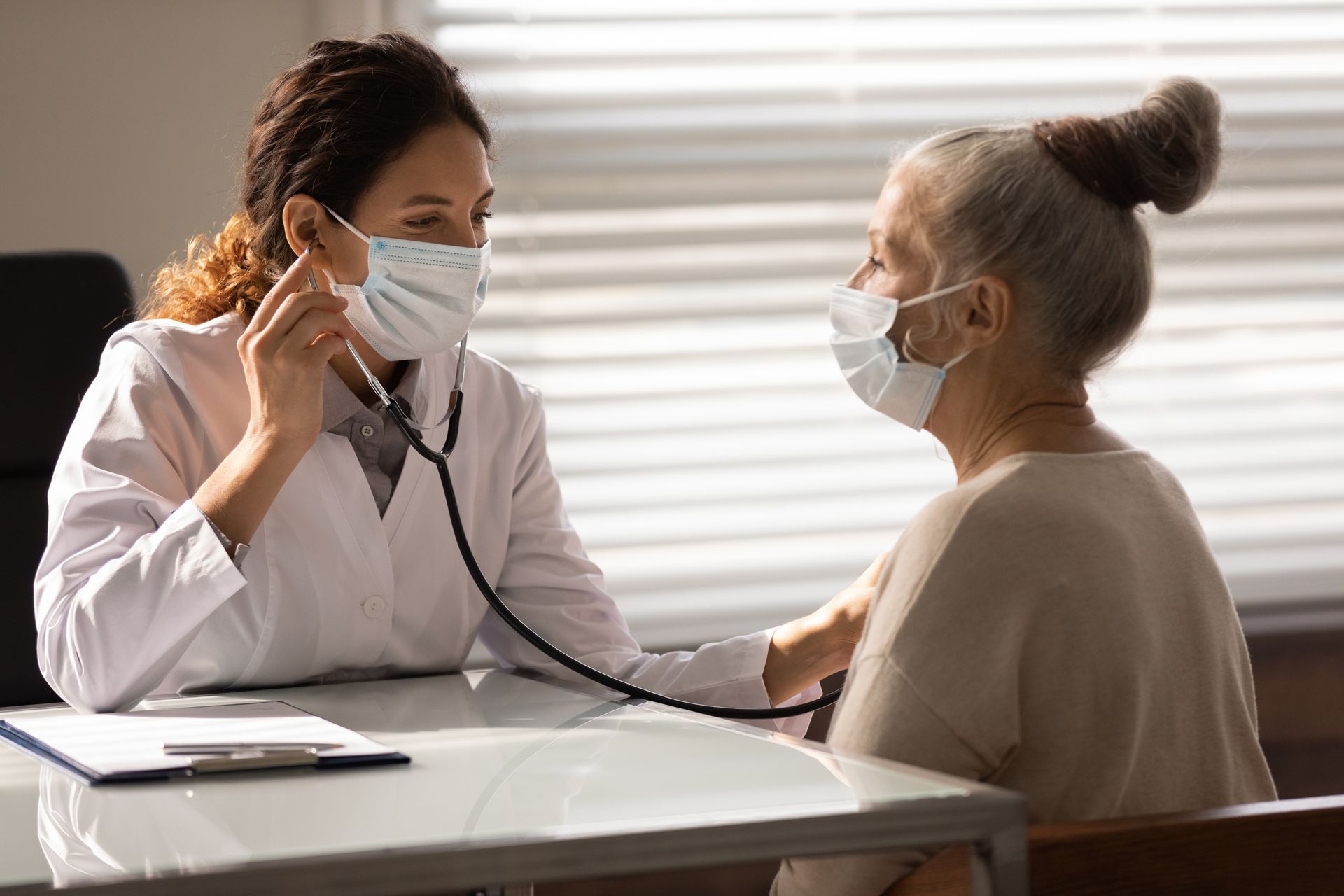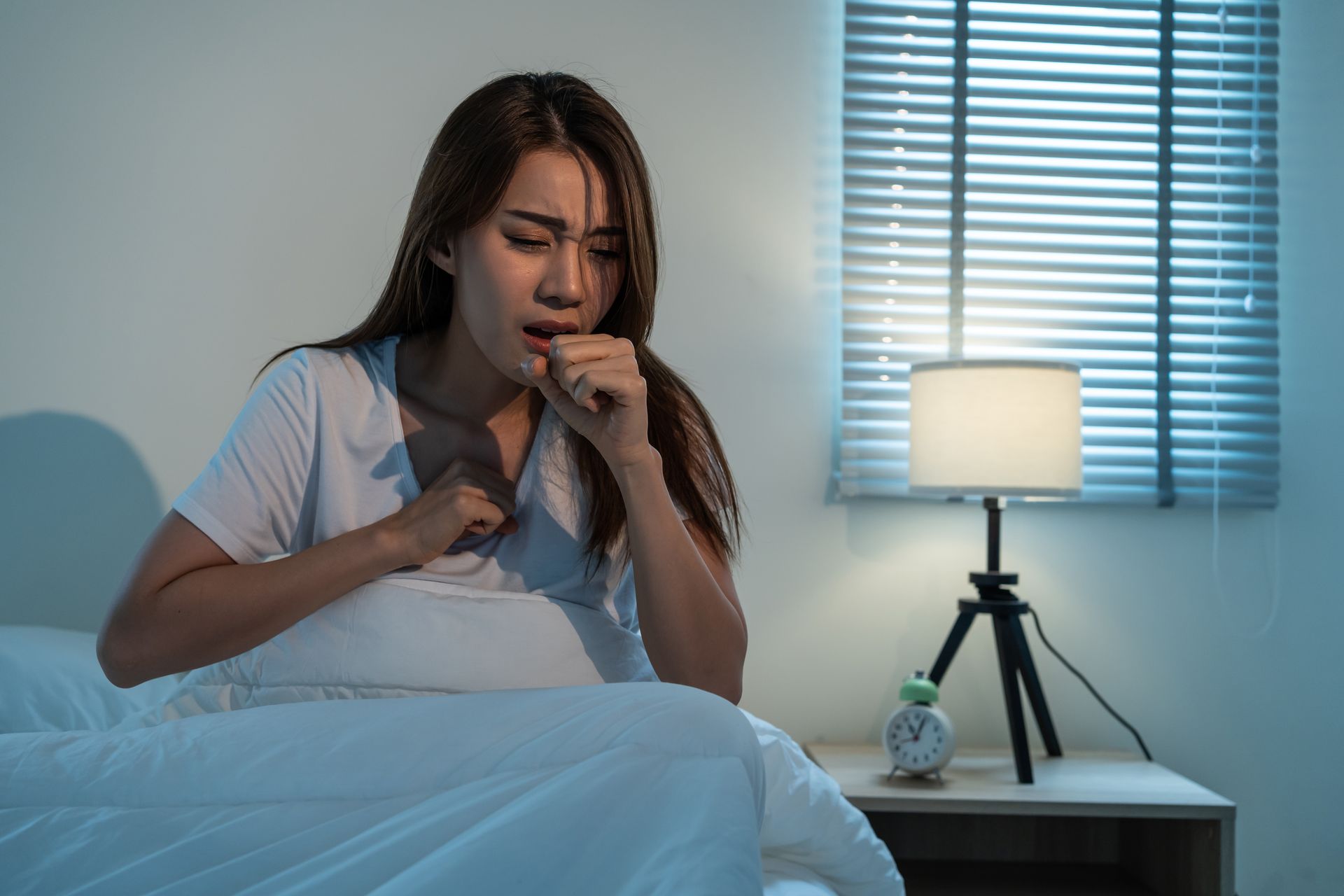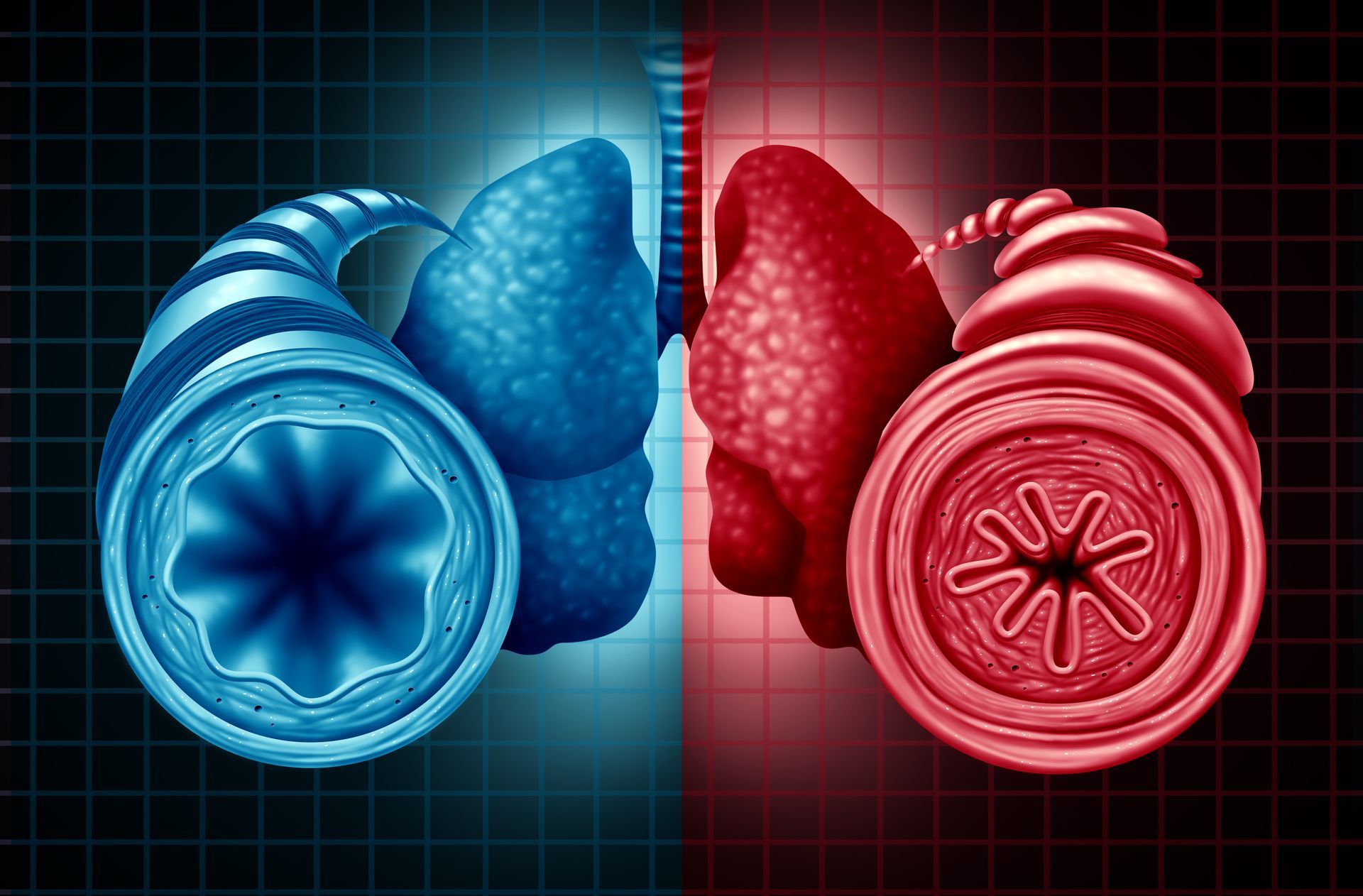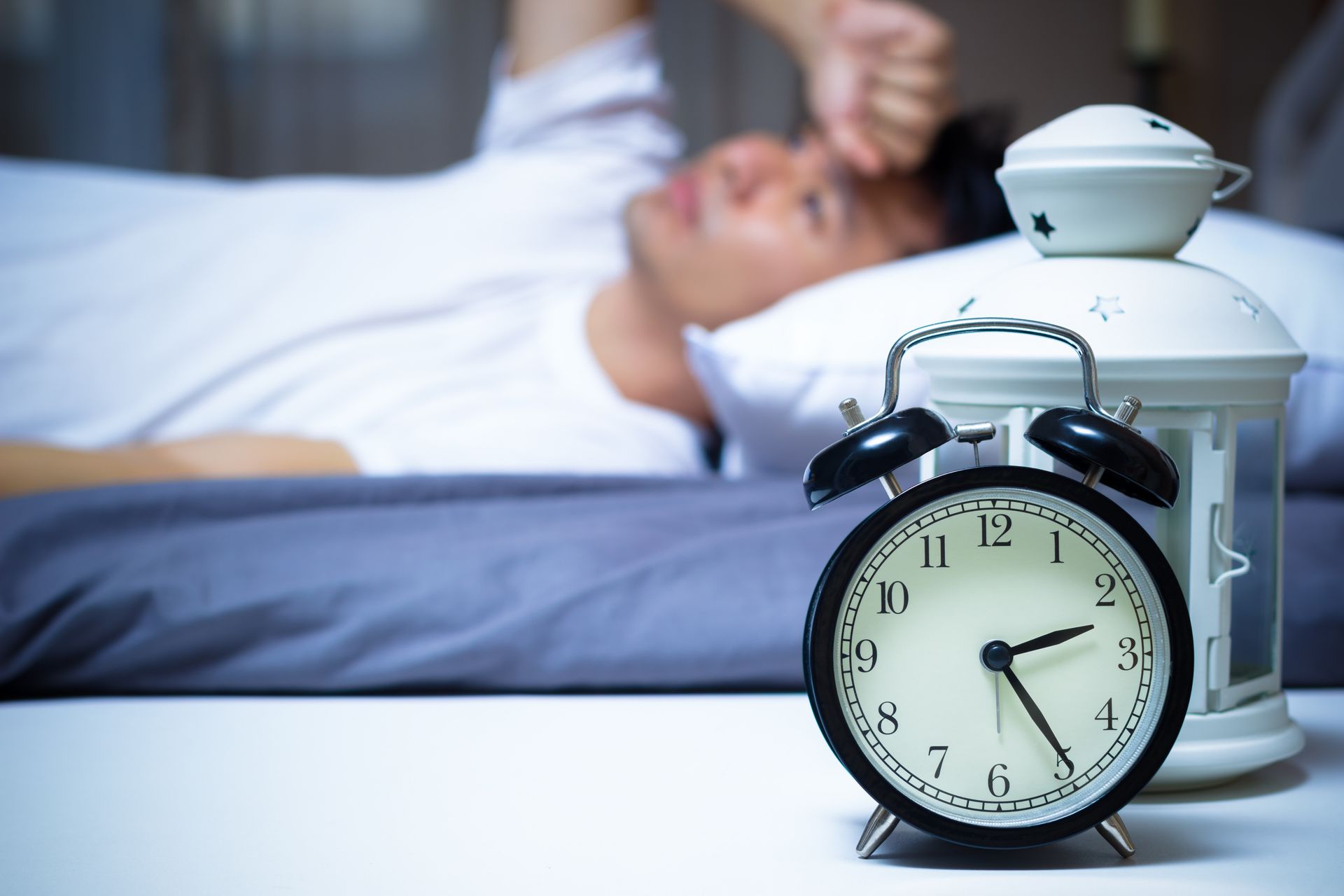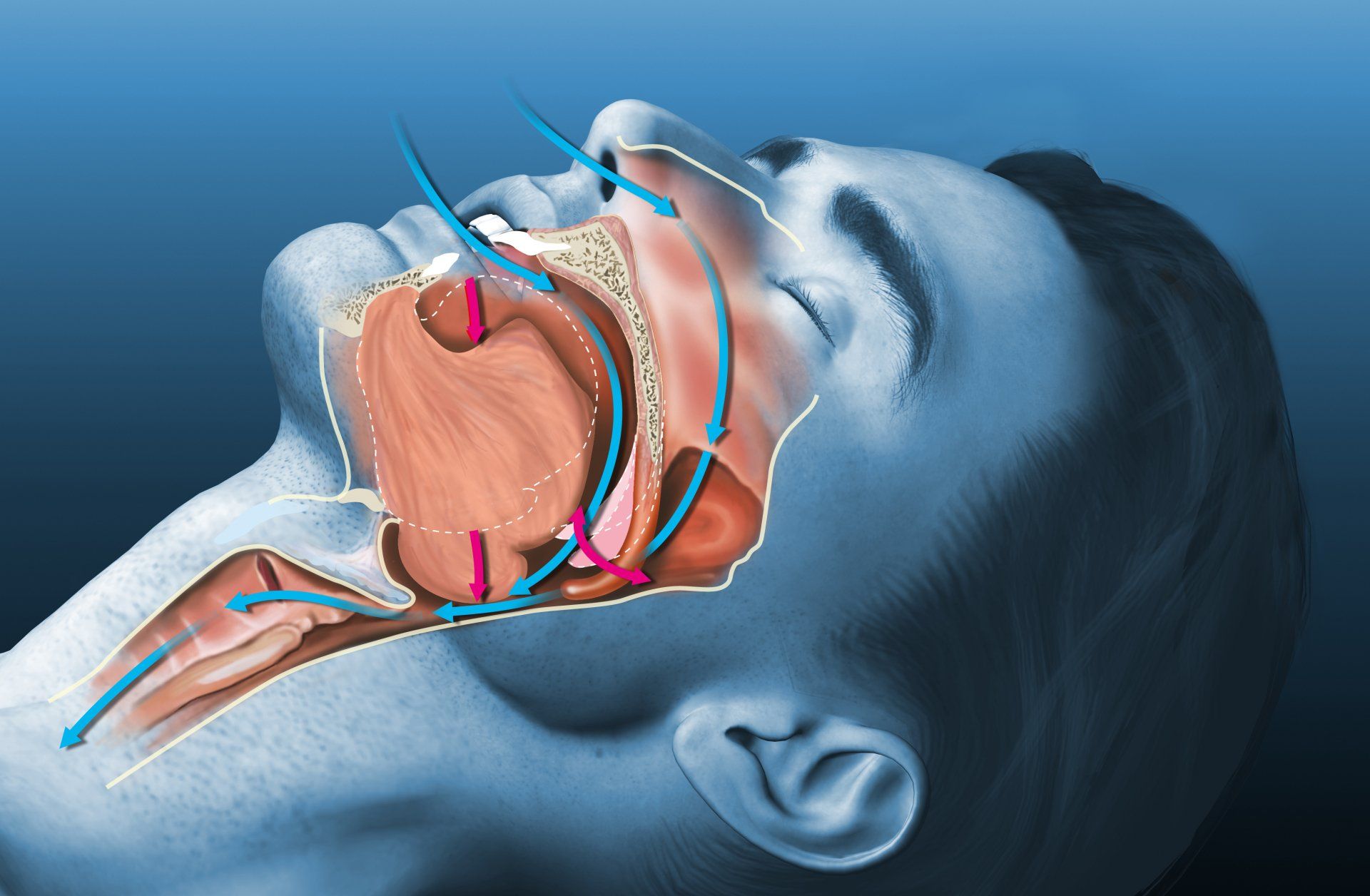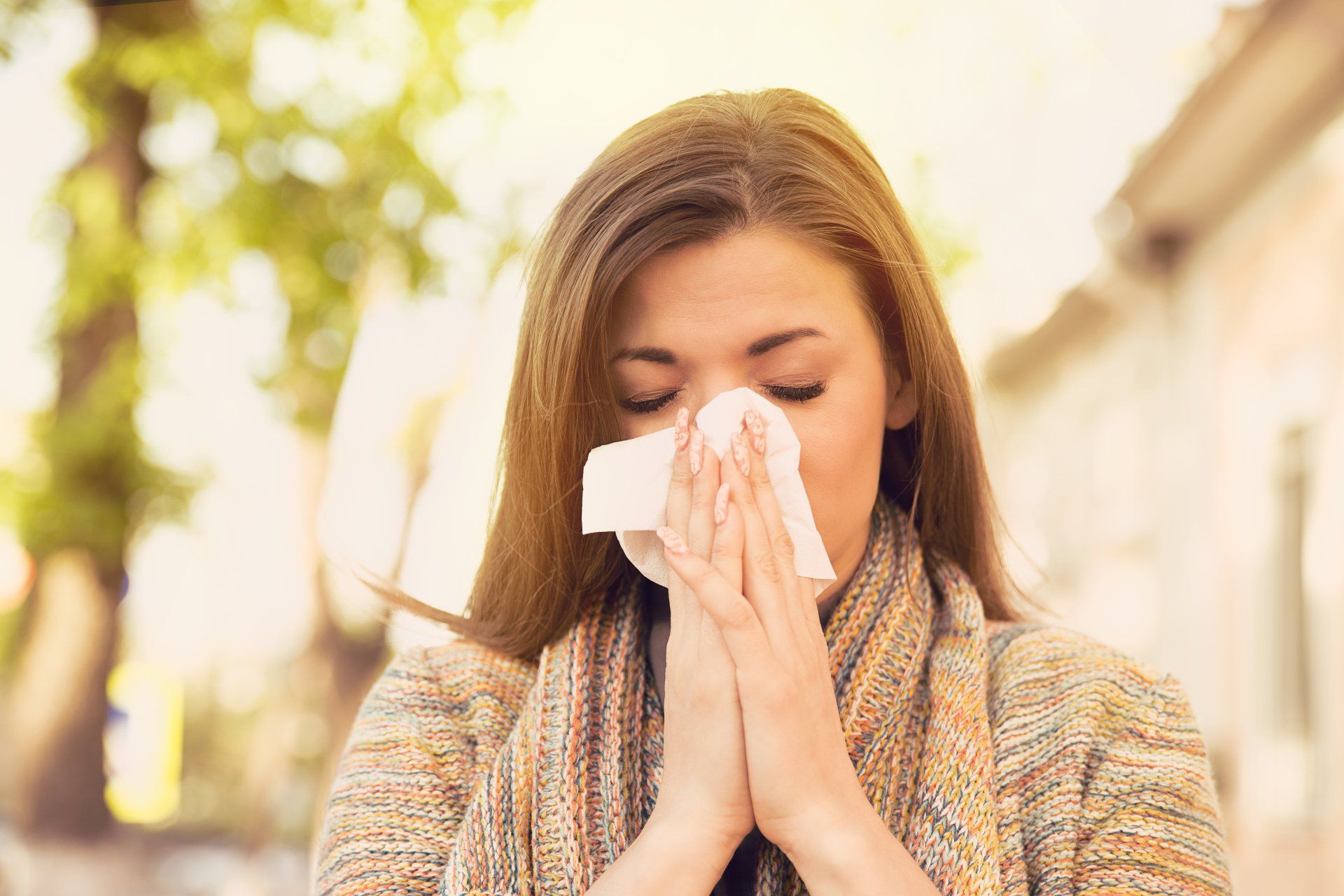What is the Difference Between Sleep Apnea and Narcolepsy
Feeling sleepy all day even after a full night of sleep? This may be an indicator that you have a sleep disorder, which prevents you from experiencing the deep, restorative stages of sleep needed to feel refreshed in the morning.
Many patients may not realize that their sleep is disturbed due to breathing disorders throughout the night. While there are other factors affecting sleep such as bad dreams, weak bladders or even snoring from their partners, sleep-related breathing disorders often cause bad quality sleep from abnormal respiration throughout the night. Some common sleep disorders include sleep apnea and narcolepsy, and we will describe these conditions in more detail.
What is sleep apnea?
Sleep apnea is a potentially serious sleep disorder where a person's breathing repeatedly becomes obstructed. Sleep apnea can be categorized into two:
- Obstructive sleep apnea (OSA)
This is a more common form of sleep apnea that occurs when the muscles in your throat relax. These muscles support the soft palate, the uvula (a triangular piece of tissue hanging from the soft palate), the tonsils, the side walls of the throat and the tongue.
When the muscles relax, your airway narrows or closes. You can't get enough air, which can lower the oxygen level in your blood. Your brain senses your inability to breathe and briefly rouses you from sleep so that you can reopen your airway. This awakening is usually so brief that you don't remember it.
Snoring is a common symptom in OSA. You might also snort, choke or gasp. This pattern can repeat itself many times all night, impairing your ability to reach the deep, restful phases of sleep.
- Central sleep apnea
This less common form of sleep apnea occurs when your brain fails to transmit signals to your breathing muscles. This means that you make no effort to breathe for a short period. You might awaken with shortness of breath or have a difficult time getting to sleep or staying asleep.
What is narcolepsy?
Narcolepsy is a chronic sleep disorder characterized by overwhelming daytime drowsiness and sudden attacks of sleep. People with narcolepsy often find it difficult to stay awake for long periods of time, regardless of the circumstances. Narcolepsy can cause serious disruptions in your daily routine.
Narcolepsy can be accompanied by a sudden loss of muscle tone (cataplexy), which is triggered by intense emotions. This can result in muscle weakness, drooping of eyelids or slurring of speech. Sometimes, narcolepsy can also result in hallucinations and sleep paralysis (inability to move for a short period of time immediately after awakening or just before falling asleep).
What are the main differences between sleep apnea and narcolepsy?
Sleep apnea is caused by breathing issues whereas narcolepsy affects how well a person can control their sleeping. With regards to symptoms, whilst both conditions cause daytime tiredness and sleepiness, sleep apnea has other symptoms such as snoring and irritability. On the other hand, the effects of narcolepsy are often more dangerous because a person can fall asleep or have the inability to control their muscles in the middle of activities, including driving.
Sleep apnea can be treated with devices like a CPAP (Continuous Positive Airway Pressure) machine to keep the airway continuously open. In contrast, narcolepsy usually requires lifestyle changes and medications to reduce sleepiness.
What are some of the dangers of sleep apnea if left untreated?
Here are some potential health and lifestyle problems you might face if you have sleep apnea:
1. High blood pressure
If you have pre-existing high blood pressure, sleep apnea can potentially worsen it. This is because the frequent awakenings at night stresses your body and triggers your hormonal system to increase your blood pressure.
2. Heart disease and stroke risks
Patients with sleep apnea have an increased risk of having a heart attack or stroke. Atrial fibrillation (a fast, irregular heartbeat) and other abnormal heart rhythms are also linked with the condition.
3. Increased weight gain
While patients with higher body fat and weight are more likely to experience sleep apnea, weight gain is compounded by a lack of energy to exercise while the patient is awake.
This leads to challenges in losing weight and maintaining it over the long term.
Can sleep apneas be treated?
There are effective treatments for sleep apneas. Your doctor may recommend a CPAP machine (Continuous Positive Airway Pressure). This is a machine that delivers a gentle air pressure to keep your airway open during sleep. This will help you to breathe better at night and give you the deep, restful sleep your body needs. Whilst it is a machine that needs to be used regularly for sleep and patients will need time to adapt, most sleep apnea patients will sleep better and feel healthier with it.
There are other treatments, too, such as mouth appliances, nerve stimulators to keep your airways open, as well as surgery. Talk to your sleep specialist about the various treatment options and how best to manage the other health problems associated with sleep apneas.
Experiencing sleeping disorders? Get specialist care at Respiratory Medical Associates
Respiratory Medical Associates is an established specialist group that is recognised as one of Singapore's leading experts in the diagnosis and treatment of lung, sleep, and allergy disorders. These can range from a cough that doesn’t go away, spots on the chest X-ray to lung infections such as bronchitis, pneumonia, and tuberculosis.
With the rise of Covid-19, we have taken stringent steps in ensuring our patients and staff' safety by going above and beyond the mandated protocols.
In addition, we also treat chronic disorders such as asthma, chronic obstructive pulmonary disease (a lung disease caused by smoking), lung fibrosis, obstructive sleep apnea, as well as food and drug allergy. Enquire now.







